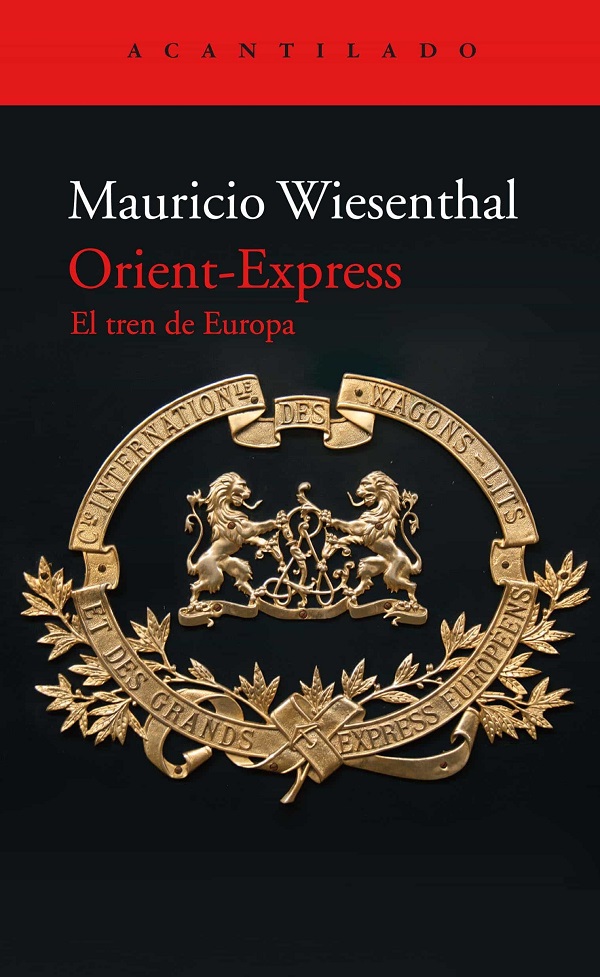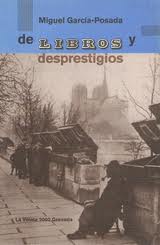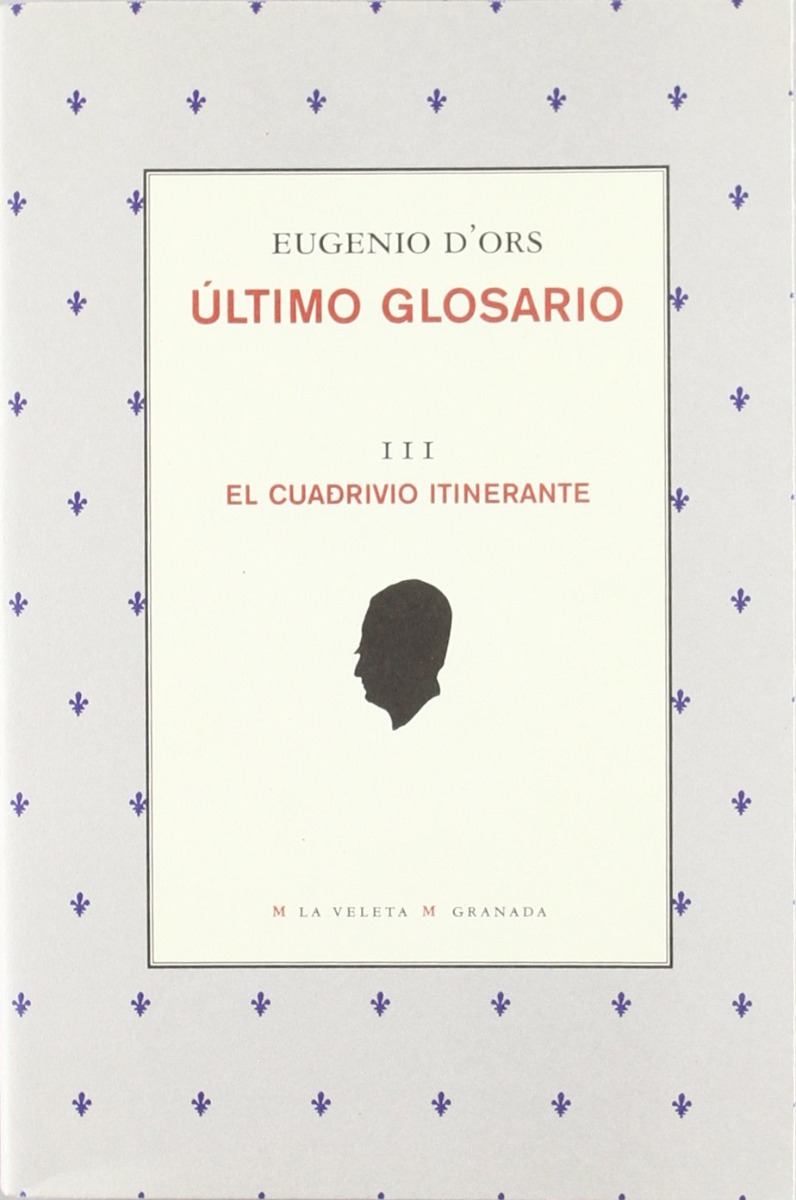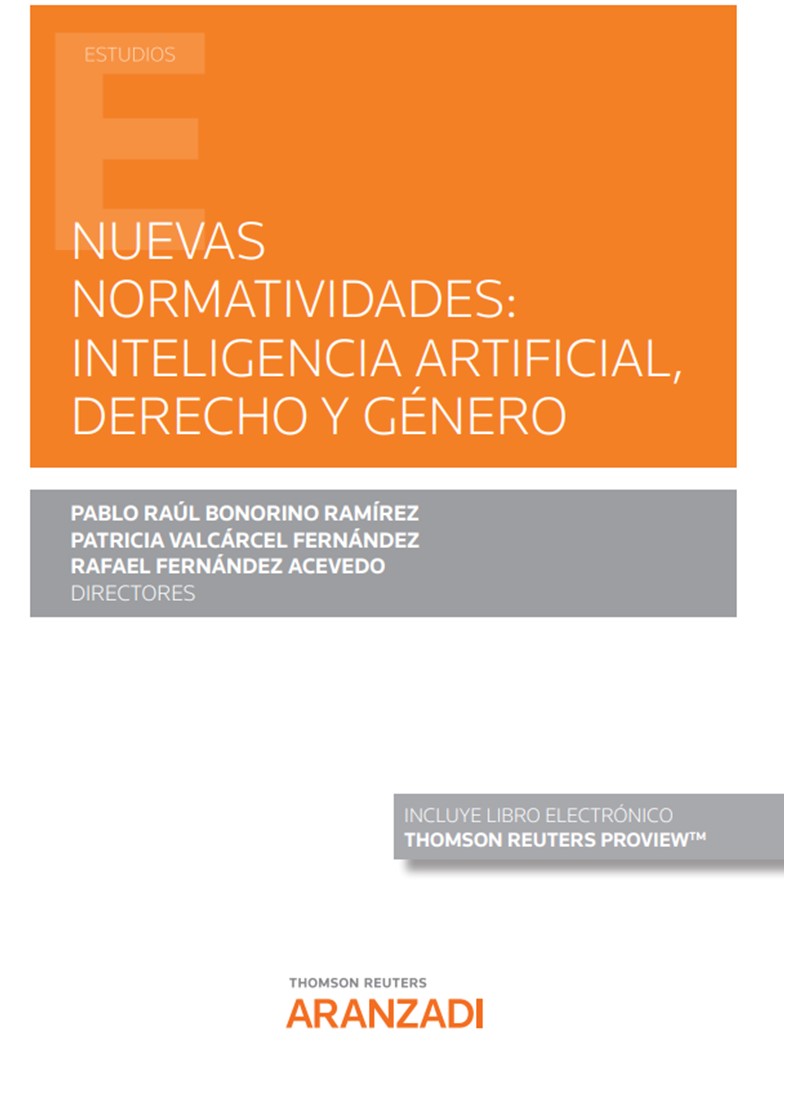El Orient-Express fue durante décadas el símbolo de una Europa diversa llena de personajes variopintos, de olores, colores y sabores, unida por este tren que, más que un medio de transporte, fue una extraordinaria forma de civilización y de entendimiento entre los pueblos. Mauricio Wiesenthal, con su prosa envolvente y fragante, nos transporta a países y estaciones, narra sus historias y leyendas, y crea un relato vívido y evocador, a caballo entre las memorias y el ensayo. «La literatura del tren tiene que ser, por fuerza, impresionista y confusa. El tren nos da un destino, una distancia, un más allá sin trascendencia ni juicio final. Y eso hace más bellas y voluptuosas las historias que, como las noches del tren o las aventuras de amor, no tienen principio ni fin».
Gordon Crawford, Lena J. Kruckenberg, Nicholas Loubere and Rosemary Morgan
Chapter 1: Global Development Fieldwork: A Relational Perspective
Section I: Encountering the Field
Robert Chambers and Nicholas Loubere
Chapter 2: Liberating Development Inquiry: Freedom, Openness and Participation in Fieldwork
Ashish Shah
Chapter 3: Democracy of the Ground? Encountering Elite Domination During Fieldwork
Sarah Milne
Chapter 4: Combining Participatory Tools with Ethnography in Rural Cambodia
Section II: Gender and Fieldwork
Ruth Pearson and Rosemary Morgan
Chapter 5: Gender is not a Noun, It’s an Adjective: Using Gender as a Lens within Development Research
Johanna Bergström
Chapter 6: Encounters with Diversity: Reflecting on Different Perceptions of Gender in the Field
Egle Cesnulyte
Chapter 7: Gendered Agency in Constrained Circumstances: Researching Women Selling Sex in Kenya
Section III: Fieldwork at the Margins
Joanna Pfaff-Czarnecka and Lena J. Kruckenberg
Chapter 8: On the Margins of World Society: Working with Impoverished, Excluded and Marginalised People
Swetha Rao Dhananka
Chapter 9: Encounters at the Margins: Situating the Researcher Under Conditions of Aid
Lorenza B. Fontana
Chapter 10: Marginalisation(s) at the Margins: Studying Identity, Ethnicity and Conflict in Rural Bolivia
Section IV: Engaging with ‘Elite’ Actors
Jean Grugel and Rosemary Morgan
Chapter 11: Encounters with the Powerful: Researching Elites
John Osburg
Chapter 12: The Ups and Downs of ‘Studying Up’: Researching Elites in China
Karen M. Siegel
Chapter 13: The Nature of Power in Elite Interviews: Researching Environmental Politics in the Southern Cone of South America
Section V: Danger in the Field
Jenny Pearce and Nicholas Loubere
Chapter 14: Under Threat: Working in Dangerous Environments
Scott Naysmith
Chapter 15: Perceiving Threats to Health in the Field: Researching Zoonotic Diseases at the Human-Animal Interface
Nelly Ali
Chapter 16: Children in the Streets: Activism and Representation in Dangerous Fields
Section VI: Development in Theory and Practice
David Mosse and Lena J. Kruckenberg
Chapter 17: Beyond the Ivory Tower: Researching Development Practice
Kathy Dodworth
Chapter 18: Multipositionality in the ‘Field’
Lata Narayanaswamy
Chapter 19: Irrelevance Dressed as Success?: Dis-spirited Reflections on Knowledge-based Development
Gordon Crawford, Lena J. Kruckenberg, Nicholas Loubere and Rosemary Morgan
Chapter 20: Towards a Relational Understanding of Development Research










